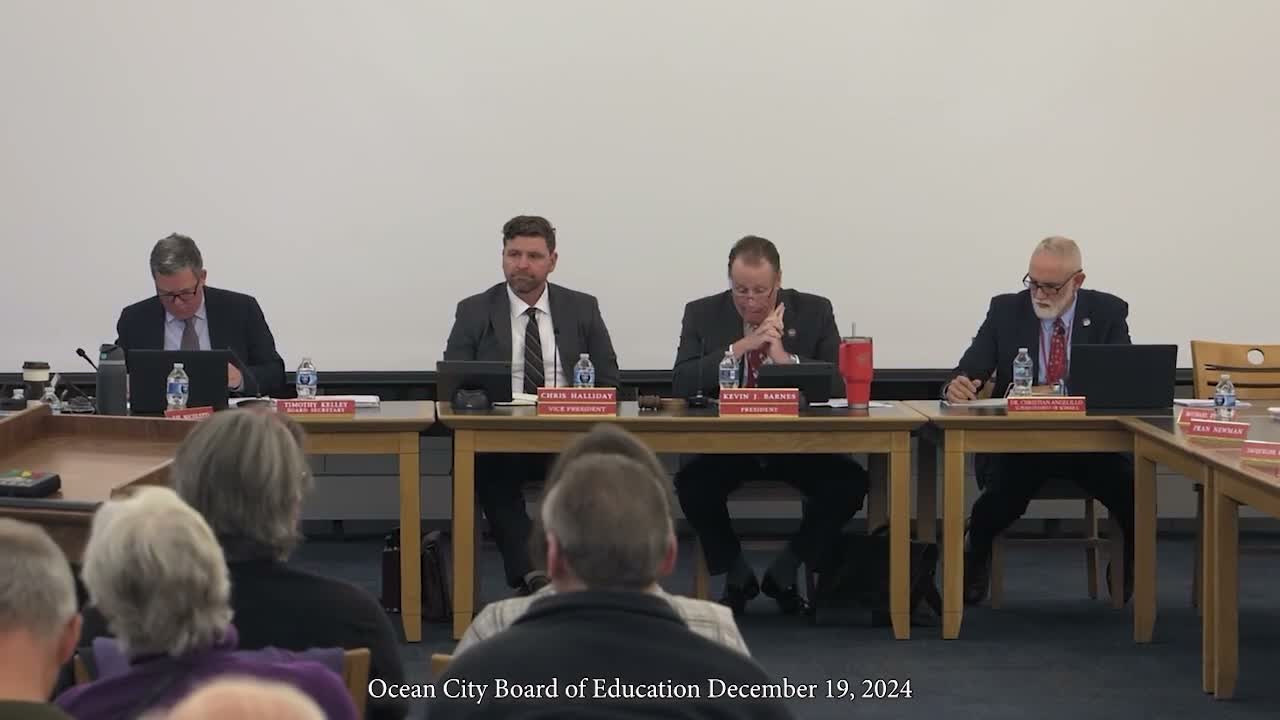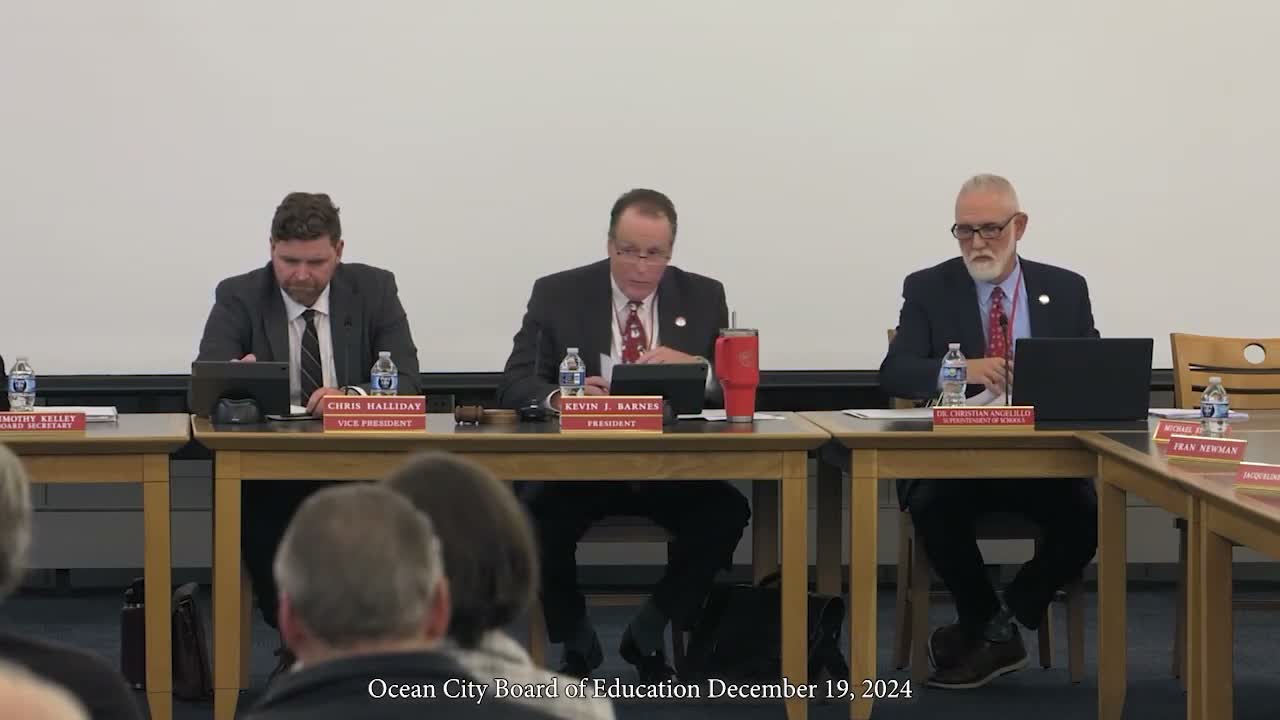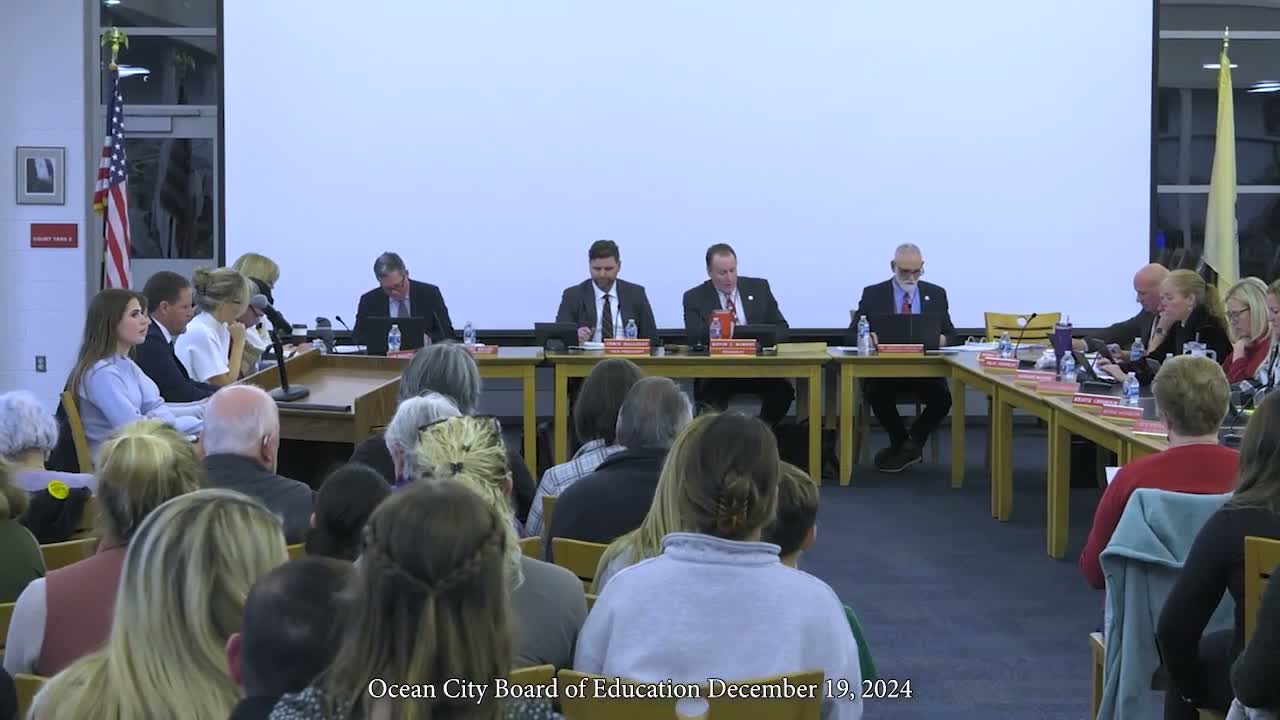Article not found
This article is no longer available. But don't worry—we've gathered other articles that discuss the same topic.

Board members debate timing and purpose of committee meetings; health-and-wellness committee’s role questioned

Ocean City board approves resolutions; some members object to $91,371.01 check

